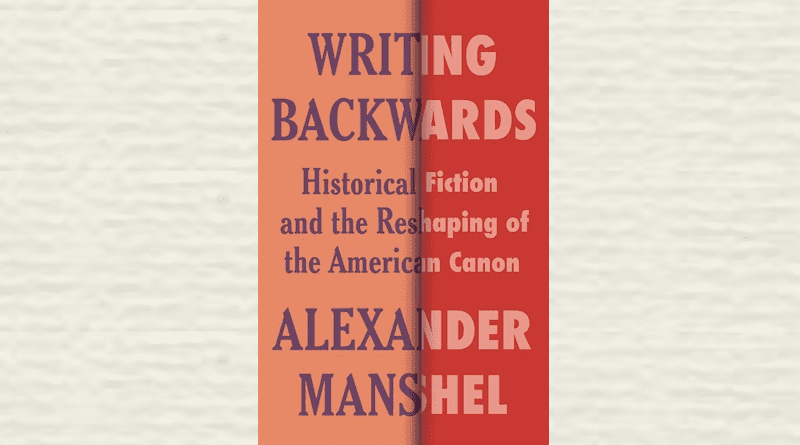Historical Fiction: A Guarantee Of Critical Success Or A Trap?
For 21st century authors, the odds of writing a critical hit are much higher if the novel takes place in the past, not the present or future. Between 2000 and 2020, about three quarters of the novels shortlisted for the National Book Award, the Pulitzer Prize, and the National Book Critics Circle Award took place in the historical past.
“As a reader, you may not have even noticed the growing infatuation with history in literature because the historical novel has become such a diversely practiced form by such a wide array of writers, it’s almost become invisible to us as a genre in itself,” said McGill English professor Alexander Manshel, author of the forthcoming book Writing Backwards: Historical Fiction and the Reshaping of the American Canon.
Manshel documents how, since the early 1980s, key institutions in the American literary field have transformed to prize historical fiction and historical reenactments above all else. Since the 1980s, writers of colour have been canonized almost exclusively for the writing of historical fiction.
Through the exploration of works by authors including Toni Morrison, Colson Whitehead and Viet Thanh Nguyen, Manshel’s research examines the most celebrated historical genres—contemporary narratives of slavery, the WWII novel, immigrant fiction, the multigenerational family saga, and the novel of recent history—alongside the institutions that have elevated them over the past four decades.

